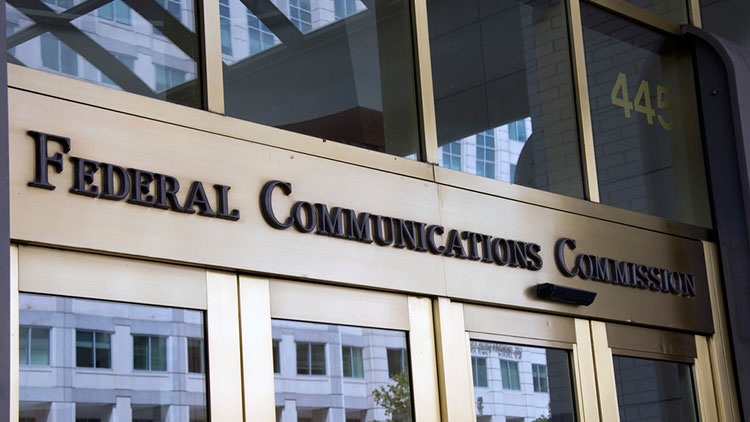Writers Ask FCC Not to Write Off Title II

The smarter way to stay on top of broadcasting and cable industry. Sign up below
You are now subscribed
Your newsletter sign-up was successful
The Writers Guild of America East, which represents writers across the spectrum of TV, movies and the internet, says the FCC's record 22 million comments (actually just short of that at press time), were a definite signal that the current Title II-based Open Internet order should not be rolled back.
That came as the official Aug. 30 comment deadline closed—comments will still be accepted, but the FCC does not have to consider them part of the official record in making its decision.
“The people have spoken," said WGAE in a statement. "Now, it is time for FCC Chairman Ajit Pai to listen to the record-shattering 22 million Americans who submitted comments to the FCC demanding that meaningful, enforceable Net Neutrality rules remain the law of the land."
Related: Apple Willing to Consider Non-Title II Approach to Net Neutrality
Actually the comments were something of a mixed bag, including those who wanted to keep the rules and those who wanted to repeal them. According to a recent analysis, the docket also included millions of duplicate comments or ones from email generators or overseas email addresses.
The analysis, conducted by analytics firm Emprata and submitted to the FCC as comments by ISP-backed Broadband for America, did find that "unique comments"—as opposed to form letter comments—were significantly against repealing Title II (1.77 million against repeal versus only 24,000 for repeal). "Although these comments represent less than 10% of the total, this is a notable difference," said Emprata.
WGAE said the docket's message was clear. "Americans want an open and free internet, one that protects entrepreneurs, innovators, creators and consumers from the narrow self-interest of the small number of deep-pocketed corporations that control access to the internet. History will not be kind to the Chair and Commissioners if they decide to wreck Net Neutrality."
The smarter way to stay on top of broadcasting and cable industry. Sign up below
Contributing editor John Eggerton has been an editor and/or writer on media regulation, legislation and policy for over four decades, including covering the FCC, FTC, Congress, the major media trade associations, and the federal courts. In addition to Multichannel News and Broadcasting + Cable, his work has appeared in Radio World, TV Technology, TV Fax, This Week in Consumer Electronics, Variety and the Encyclopedia Britannica.

